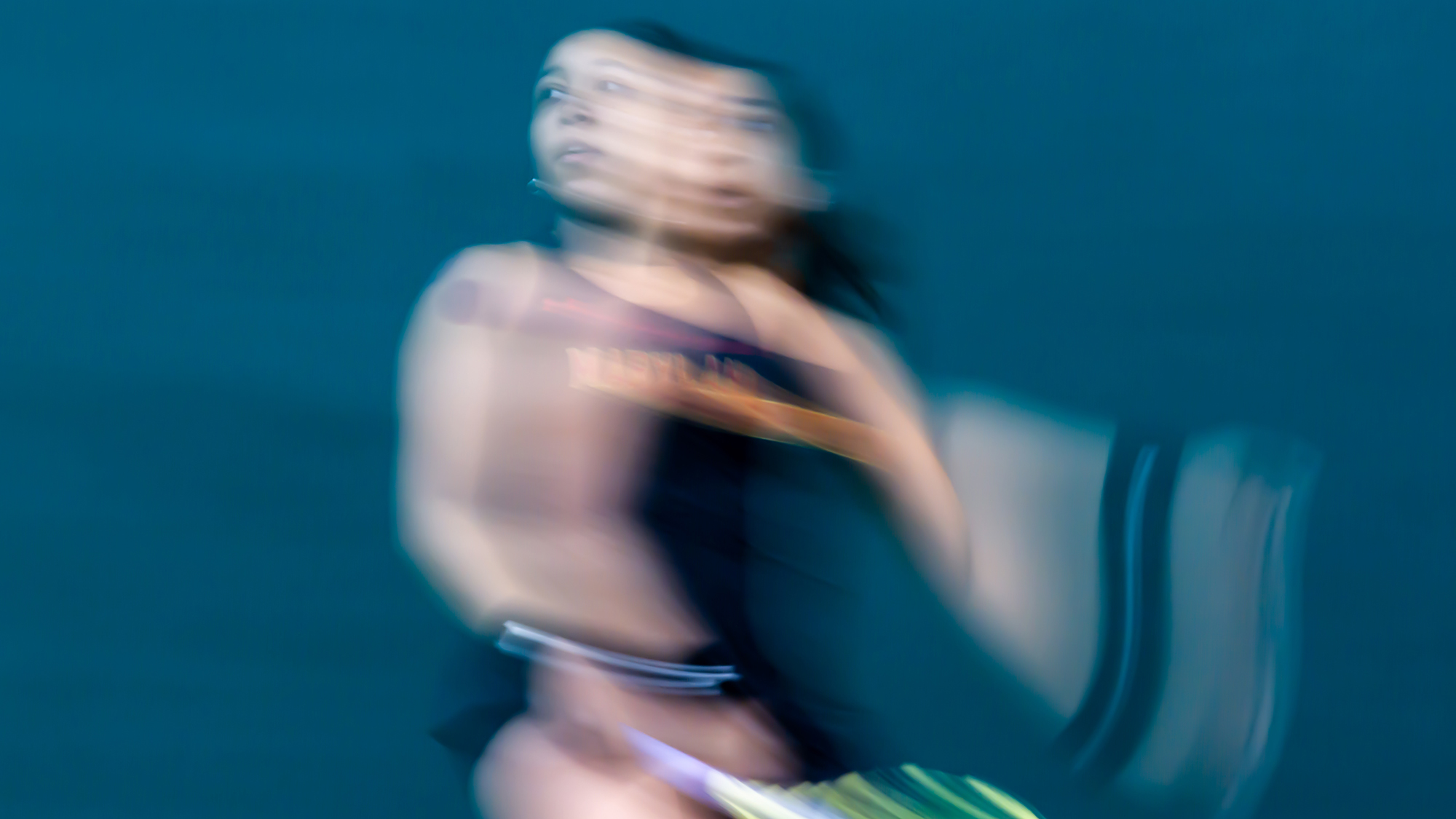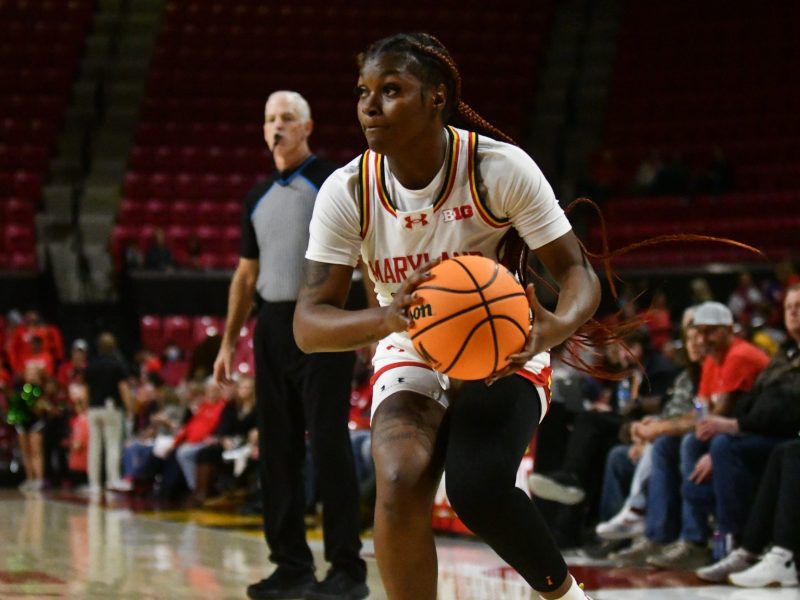By Jack White
For The Diamondback
As the spring semester reaches its halfway point at the University of Maryland, many sports seasons are in full swing after a year of uncertainty for athletics due to the pandemic.
But even though some teams are back in action, many college athletes continue to wrestle with mental health challenges, facing uncertain circumstances accompanied by a unique season.
“We’re seeing trends with student athletes,” said Dr. Michelle Garvin, director of clinical and sports psychology at this university. “We’re seeing increases in sleep difficulties, increases in overall depressive symptoms, anxiety, feelings of loneliness.”
With many athletes managing a full class load along with social relationships and athletic responsibilities, mental health can become lost in the shuffle.
Parker Tims, a licensed clinical professional counselor for the University of Maryland said that for college athletes, sports are a “huge part of their day-to-day and their lives.”
“It’s kind of their sport is always going to be their protective factor and their stressor,” Tims said. “It’s like, what’s going to be the source of distress?”
[Eric Ayala fueled Maryland men’s basketball’s victory over Michigan State]
In a season that exemplifies uncertainty, Eric Ayala, junior guard for Maryland men’s basketball, is thankful for every opportunity he has on the court, both for the sake of playing basketball with his teammates and for his mental health.
Ayala said this university has given the team “a tremendous opportunity” to continue to play with added safety measures that include getting tested often.
“Everyone on our team loves and wants to play basketball,” said the junior family science major. “It comes down to loving basketball and what you’re willing to do for it.”
But some athletes have had to combat feelings of isolation.
Micaela Abbatine, outfielder for Maryland softball, is currently a masters student earning her degree in supply chain management at this university’s business school.
“It’s pretty hard to have any social interaction outside of our team practices,” Abbatine said. “We use our sport as a break from Zoom classes and the lack of social interaction that we do get.”
[Maryland softball has found its star in “Air Jaeda” McFarland]
Abbatine said that she and her teammates try to practice different types of self-care that include things like FaceTiming one another or getting their nails done, attempting to stay positive and stay connected.
According to the New York Times, there were almost 400,000 cases of COVID-19 identified from over 1,900 colleges and universities by late 2020.
Austin Barbin, a communications major and sophomore on the golf team, experienced first-hand what it was like to have COVID-19 and be quarantined away from the world.
“That was miserable. My mental health did go down,” Barbin said. “I was in a room by myself, I couldn’t see anyone, I couldn’t go outside. It was tough.”
But despite challenges, Garvin said she has seen teams rise to the occasion.
“I’ve seen some things happen with different teams — whether it be an injury or what have you — and I see teams managing it in such an effective way,” Garvin said. “We are all going to come out of this so much more resilient humans.”



